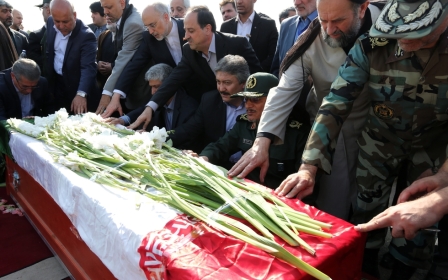King Salman rejects questioning of Saudi role as hajj organiser

King Salman on Monday rejected any suggestions that Saudi Arabia should give up its role as the organiser of the hajj following last month's deadly crush in Mina.
"The irresponsible statements aiming for political exploitation of the incident... shall not affect the role of Saudi Arabia, its duty and responsibilities in serving the guests of God," said the Saudi monarch.
Saudi Arabia had deployed "all its capabilities and efforts... to provide the guests of God with comfort, security and safety," Salman said in a statement carried by SPA state news agency.
The kingdom's organisation of the hajj and its response to the disaster provoked foreign criticism, mainly from its arch-rival Iran.
An Iranian top cleric had called for the hajj to be managed by other Islamic states after at least 464 Iranians were killed in the crush, according to figures given by foreign officials.
"Saudi Arabia is incapable of organising the pilgrimage," said Ayatollah Mohammad Emami Kashani.
Saudi Arabia has yet to provide an updated death toll after saying two days after the stampede that 769 pilgrims had died. Saudi authorities have also not provided a breakdown by nationality.
However, according to evidence seen by Middle East Eye, nearly 2,500 people may have been killed in the crush – with the death toll likely to rise even higher.
Days before the hajj, a construction crane collapsed at the Grand Mosque, Islam's holiest site, killing 109 people including many foreigners.
Salman ordered last month "a revision" of how the hajj is organised.
Stay informed with MEE's newsletters
Sign up to get the latest alerts, insights and analysis, starting with Turkey Unpacked
Middle East Eye delivers independent and unrivalled coverage and analysis of the Middle East, North Africa and beyond. To learn more about republishing this content and the associated fees, please fill out this form. More about MEE can be found here.




